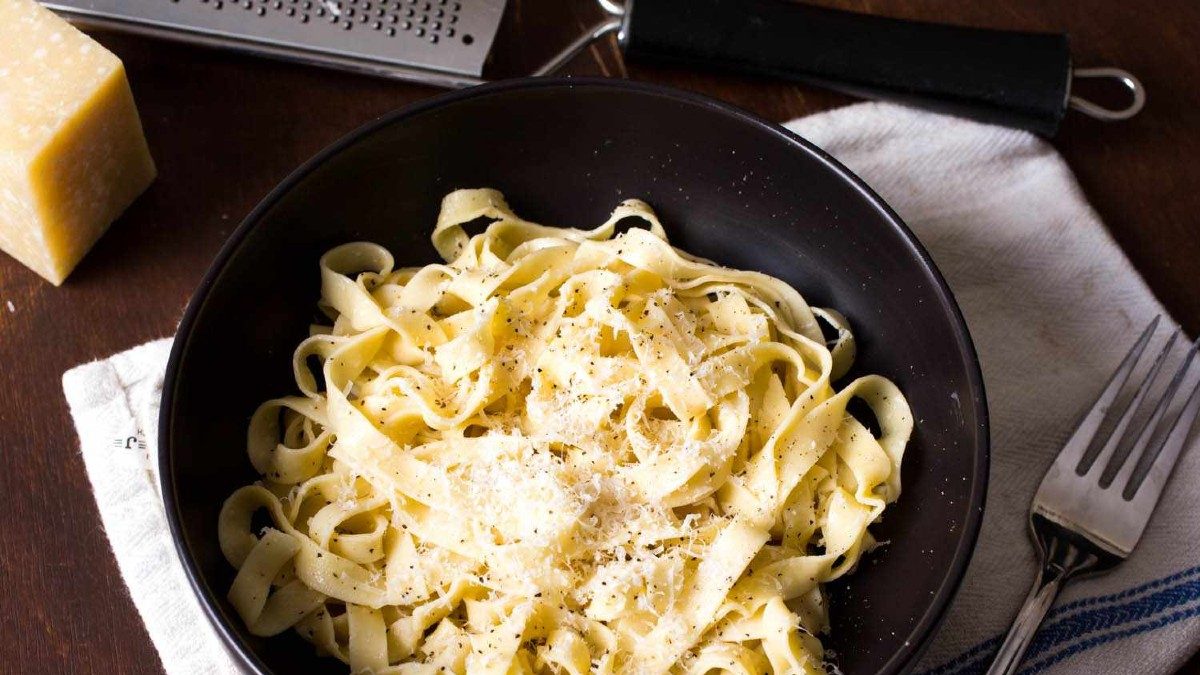Tips for Making the Tastiest, Nutritious Pasta at Home Without Undermining Your Weight Loss Goals

By using these cooking tactics, you may satisfy your needs for a plate of delicious pasta without having to make compromises in your quest for weight loss.
Are you tired of consuming Indian food on a daily basis to maintain your weight loss or health? You can still consume other foods and maintain a healthy weight, though. Find out how
To control the components and avoid using high-fat additives to enhance flavour, it’s important to prepare food items like pasta at home. Pasta is one of these dishes. If you’re having spaghetti for dinner, watch your portion sizes and consume it as soon as possible.
Here are 5 easy tips for making pasta at home that is both tasty and healthy, ideal for your diet if you are trying to lose weight.:
- Vegetables should be added in plenty:
Simple pasta without any vegetables would be a high-carb diet. Instead, top your spaghetti with a variety of sautéed vegetables, such as olives, bell peppers, onions, zucchini, corn, broccoli, and jalapenos. Additionally, you’ll consume less carb-heavy pasta overall and consume more fibre as a result. - Select pasta made from millet or whole grains:
Selecting pasta prepared with maida or refined flour is a bad idea. Select pasta produced from whole grains like wheat or pasta made from millet using the seeds bajra, jowar, and ragi. In comparison to whole grain options, refined flour has more calories, is more difficult to digest, and has lower nutritional value. - AVOID spaghetti with pink sauce:
The pink pasta, which combines the greatest flavours of red and white, is quite popular. Tomatoes and cheese may not be the healthiest combination, though. Nutritionists claim that this is because the citric acid in tomatoes does not mix well with the lactic acid in dairy products. This may result in metabolic waste that remains undigested in your gut for several hours. Therefore, it is preferable to pick just one. - Make liberal use of oil:
You might believe that putting less olive oil in your spaghetti is a healthier decision. The antithesis of what you should be doing is this, though. Use a lot of cold-pressed olive oil. This helps lubricate your GI tract and move digested foods smoothly, preventing the pasta from sitting in your gut for hours together. - Remember to include protein:
Don’t forget to include sources of protein in your pasta along with the vegetables. One-fourth of your pasta bowl or plate should have protein. Pasta dishes can use lean chicken or fresh seafood, such as salmon. When preparing vegetarian pasta, incorporate legumes such as white beans.
For all the latest lifestyle News Click Here

